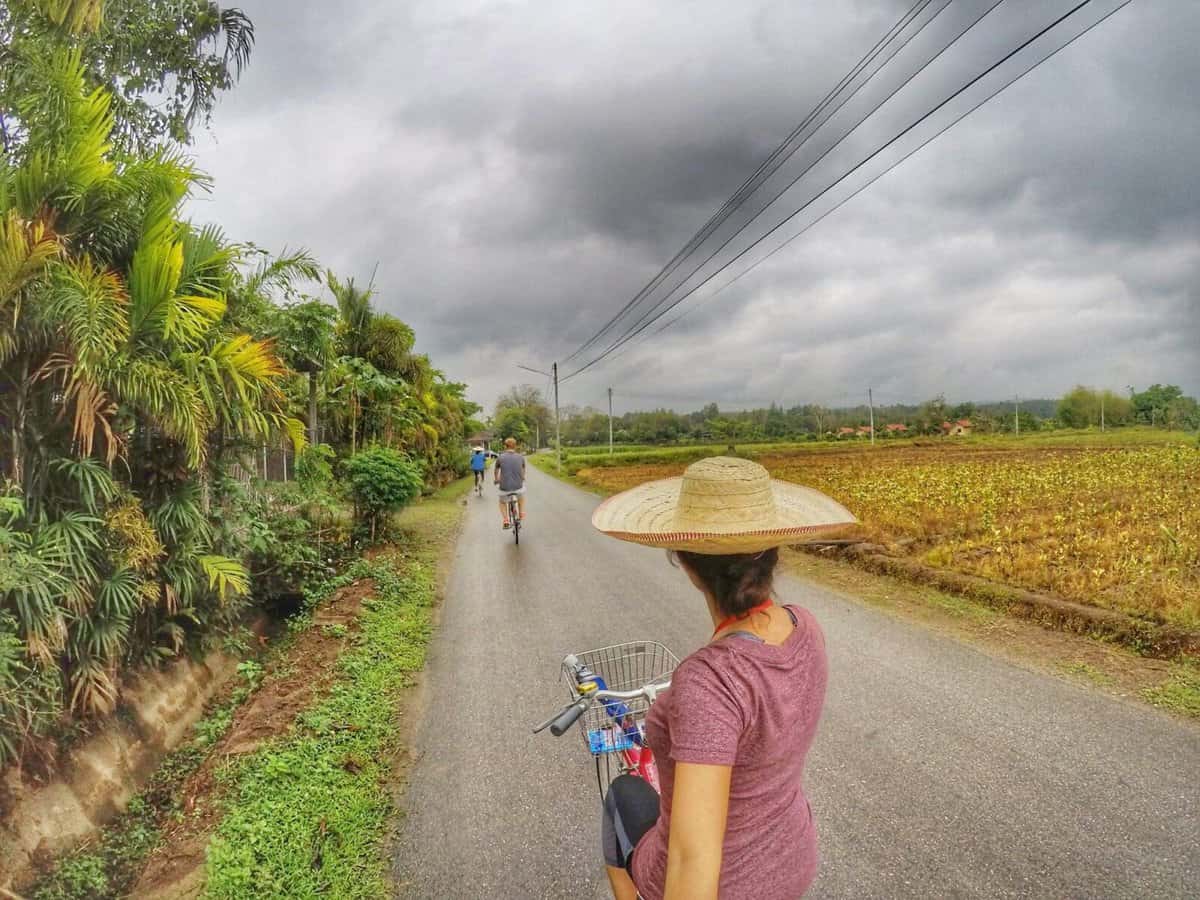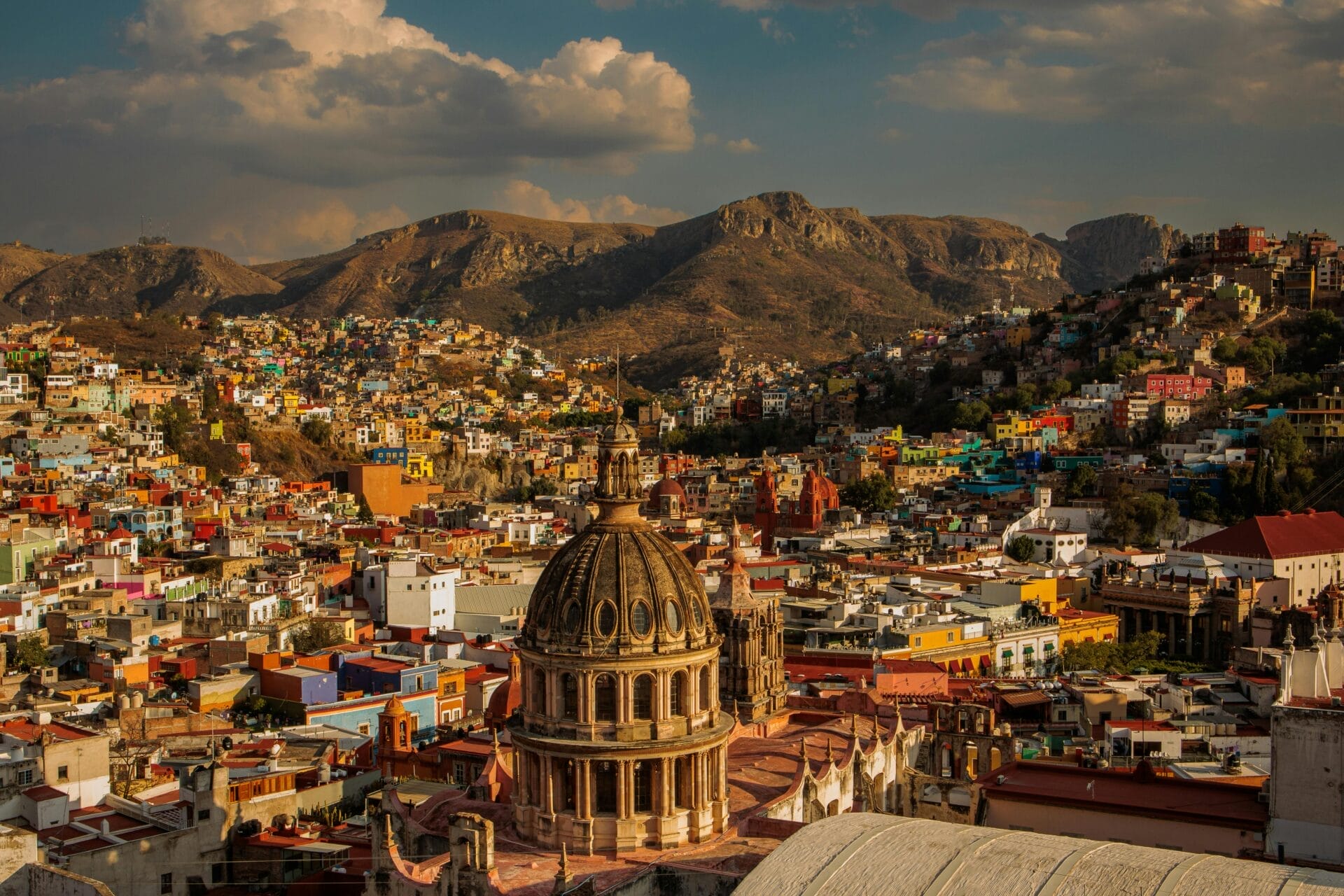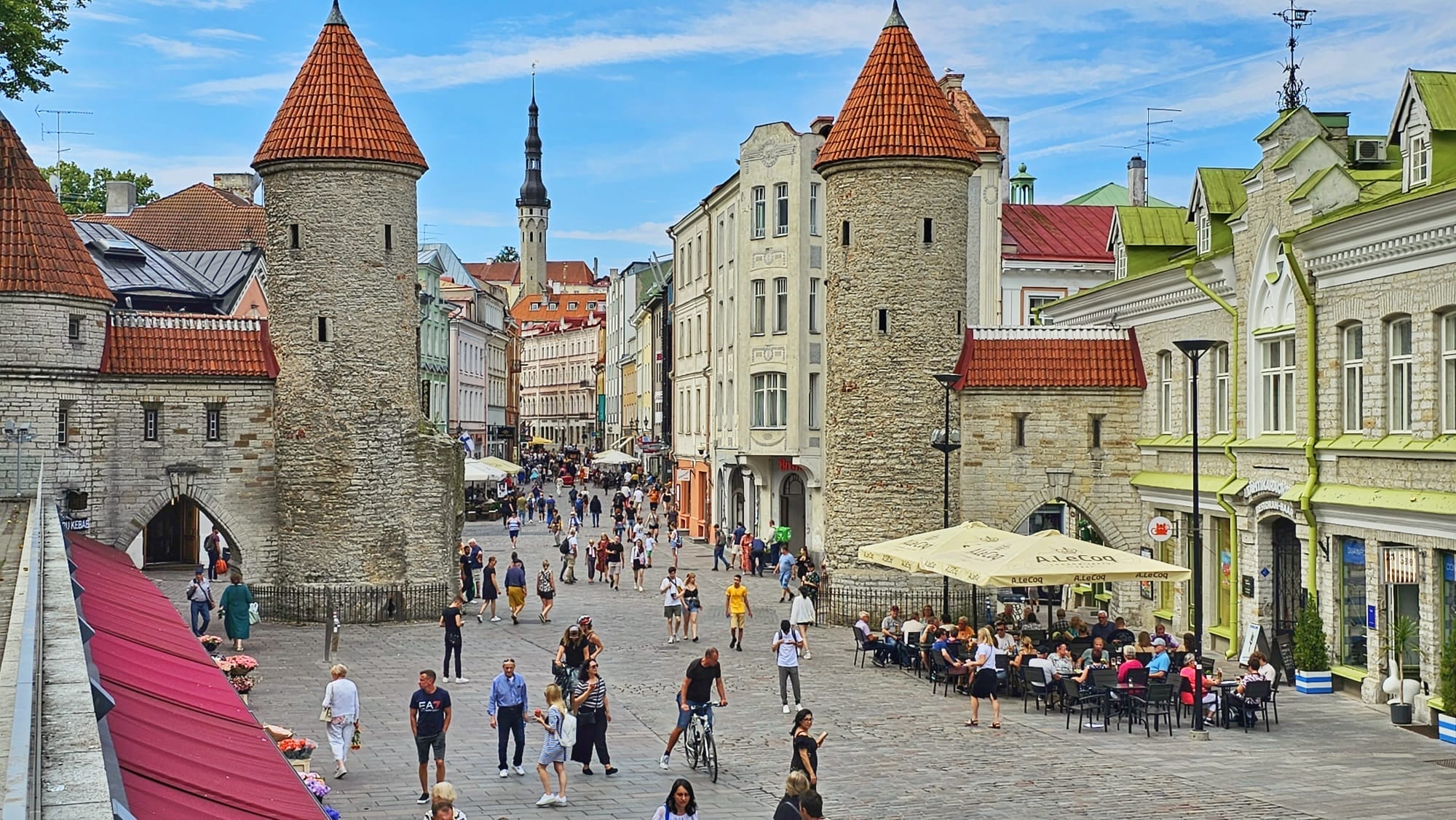When it comes to the environment, there’s nothing wrong with being labelled a “tree-hugger” or “hippy”; there are plenty of reasons to care about the natural world, particularly given the climate crisis of the modern age.
When trying to unify your love of the environment and your love of seeing the world, things can get complicated.
There’s no denying that travel is bad for the environment – multiple flights being the worst offender, but also moving around constantly makes it hard to observe eco-friendly practices like recycling and reusing items.
Yet travel is not going anywhere, and like it or not, it’s a central part of many people’s lives.
Most humans crave to see our beautiful world, to learn languages, eat authentic food and experience other cultures.
The age of global connectedness has made it even more common to want to travel.
Easy Ways To Be An Eco Friendly Traveler
But it’s not impossible to be a conscious traveller! Living green can be incorporated into your life, wherever you are, even whilst traveling!
By planning your travels carefully and consciously, you can definitely fit eco-friendly practices into your journey.
2017 was allegedly the year of Sustainable Travel, according to the Global Sustainable Tourism Council, causing many hotels and accommodation-providers to go green, and tour operators to look for eco-friendly ways of travel.
So, if you want to learn how to be a responsible traveller, and look after the world you are so keen on exploring, pay attention to these mistakes to avoid when trying to be a responsible traveller.

1. Commuting To Work
Did you know that 5% of carbon emissions are generated from commuters?
You can avoid this by asking to work from home a couple days a week (or all the time!), setting up your own online business or becoming a freelancer, or simply by relocating to live closer to your work.
This way you can cycle or walk to work, rather than commuting using vehicles.
If this all sounds untenable to you, you can use public transport, specifically trains and trams as they produce less carbon emissions.
This way, you will be practicing responsible, green habits as you save up for travel – before you even set off on your trip!
2. Littering
You (hopefully) wouldn’t litter when you are in your home town – so don’t do it in a foreign country!
Although it can be de-motivating to see litter everywhere in some countries, don’t be tempted to adopt a ‘when in Rome’ attitude to what you do with your waste.
Plastic is the worst offender when it comes to littering – it is not only unsightly and non-bio-degradable, but can be harmful to wildlife.
“Plastic in the ocean can be swallowed by every animal, from birds to fish to seals, and these animals can also get tangled up in plastic. So do your best when traveling to put your rubbish in the trash – recycling when possible!” says Stanley Miles, a travel blogger at Essayroo and Paper fellows.
3. Wasting Anything
This is an easy one to achieve, requiring minimal effort on your part – just don’t buy anything you don’t need, and don’t throw anything away if you can avoid it!
Remember when you were a kid and your parents would tell you to eat everything on your plate – think that vibe, times a hundred.
The key to achieving a zero or low-waste lifestyle is by becoming conscious of what you are using, and what you actually need.
You should then be conscientious of the country you are visiting and its needs – like water shortages.
4. Being A Frequent Flyer
Whenever possible, you should be utilizing public transportation, specifically over-land, on your travels.
Flying is a huge contributor to worldwide carbon emissions, and no matter how many trees you plant and carbon offsets you buy, nothing cuts emissions like boycotting flying (as much as is realistic when traveling).
This means taking the time to take long buses, trains and boats – which is also often a better way to see a country anyway!
If you must fly, ditch the First Class and stick to direct flights – both are ways to cut down emissions – when you feel like a sardine squeezed into economy class, you may also feel a bit better because you are lessening your impact!

5. Not Choosing Eco-Accommodation
Using websites like EcoBB, Green Pearls and Tripadvisor Green Leaders are all ways of finding eco-lodges and hotels that are eco-friendly.
Look for reusable energy initiatives, composts and locally or on-site grown food.
6. Going On Wildlife Tours
Although we all love to see the natural world up-close, going on non-conservation-minded wildlife tours is a big no.
Disturbing wildlife and causing damage to habitats are just a couple of effects of this kind of traveling.
Don’t forget that any kind of tour involving riding animals is probably not very good for them – that includes elephants, camels and dolphins!
A lot of people ride elephants because they don’t know of the suffering that the animals go through.
Often times those people do not know of any better alternatives to this kind of tourism.

7. Voluntarism
Volunteering whilst traveling is great – if you find a good organization.
In general, anything you have to pay for is probably a scam that does not return your money to the community you are trying to help.
Actually, if you pay to volunteer, you’re doing more harm than good – many orphanages in India are created with the express intention of being businesses that rely on tourists coming to help the children… Who may not have been orphans before they were kidnapped by the ‘orphanage!’
“When looking for volunteering, check out websites like Workaway, Wwoofing and your foreign office volunteering portal for reputable programs.
Sustainable travel goes hand in hand with good volunteer programs that create positive change in local communities” explains Daniel Brown, a lifestyle blogger at Australian help and Big Assignments.
8. Traveling Quickly
In line with the above point about volunteering, the longer you stay somewhere, the more positive change you can create.
Whether that’s working for a humanitarian NGO teaching English, or working on an organic farm, the longer you stay in any country, the more impact you can have.
You will also develop a deeper appreciation for that country – and the slower you travel, the less carbon emissions you will create from flying!
We stayed in Chiang Mai, Thailand and went on day trips in order to minimize on long flights.

9. Traveling Huge Distances
If you plan your travel correctly, you can see a great variety of things without covering huge distances.
Pick one region and again, aim to travel by land, and slowly, rather than bouncing from country to country by plane.
So, rather than trying to see 10 European cities in 2 weeks, or go round the world in 6 months, stay longer somewhere, and see all that part of the world has to offer.
10. Choosing Tour Operators Who Do Not Pay Their Workers A Living Wage
Sustainable travel is not all to do with the environment; practicing sustainable travel that benefits people is crucial, too.
Many tour operators do not pay their workers a living wage, such as in trekking organizations and desert camps.
Do your research when choosing a tour operator and ensure they are ethical to their employees.
11. Cruising
Package deals on cruise ships are problematic for several reasons: you will move around from place to place quickly, not contribute to local economies (because you stay on the cruise ship and only have excursions to countries), and are notorious for ‘overtouring’ places, destroying conservation efforts by having busloads of tourists arrive at once.
Cruises are also bad for causing littering in the ocean. Do yourself, your wallet, and the environment a favor, and choose slow travel over cruise packages.

12. Using Non-Eco Friendly Products
There are a variety of ways you can consume ethically for your travel supplies – using reusable alternatives to toiletry bottles, and reusable water bottles, rather than constantly buying new bottles is but one example.
There are great apps like ‘Tap’ that tell you where to refill your water bottle, all over the world!
Using plastic bags, and food wrapped in a lot of plastic, are also things to be avoided when traveling – or in any circumstance!
13. Not Choosing Local Produce
Everything, from vegetables to beer, can be bought locally and in season, with minimal sacrifices from the consumer.
Simply check where your food and beverages are coming from, and choose the local option.
Not only will you try a bigger variety of foodstuffs, but you’ll be reducing your carbon footprint, too!
Make Your Travels Green
So, whether you are on a multiple trip, long-haul travel around the world, or a short vacation, you can reduce your environmental impact by being mindful of these tips.
The world is a truly beautiful place, but seeing it for yourself should not come at the cost of it’s longevity.
Moreover, practicing low-impact travel can actually lead to you changing your entire way of traveling and thus seeing more and understanding more of the destinations you visit.
Sustainable travel is more popular and possible than ever – so get out there, see the world, and do as little harm as you can!
Ellie Coverdale is a travel and lifestyle writer for UKWriting and Academized. She loves to share her experience and insight on the world, and how to maximise your opportunities for adventure! She also writes articles for BoomEssays as a teacher.











Leave a Reply